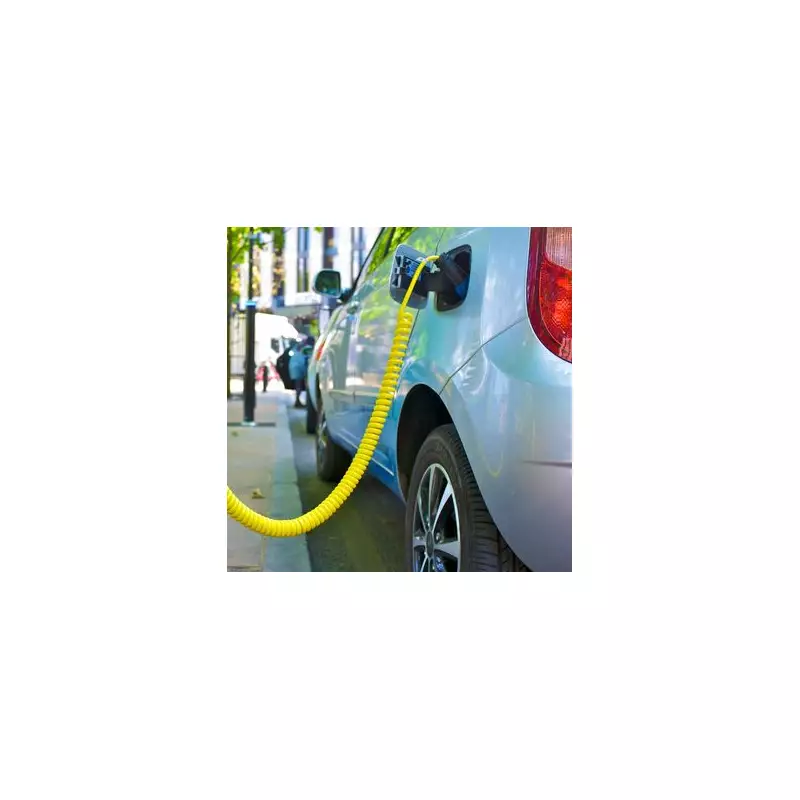
The UK's ambitious electric vehicle revolution is inadvertently creating a two-tier transport system, disproportionately penalising low-income families and those living in social housing, a shocking new report reveals.
While the government pushes forward with its 2035 ban on new petrol and diesel cars, a stark 'charging divide' is emerging. Experts warn that millions are at risk of being left behind, unable to participate in the green transition due to sky-high costs and inadequate infrastructure.
The Crippling Cost of Going Green
For households without a private driveway—a common scenario for many in social housing and rental properties—the switch to electric is fraught with financial and practical barriers. Reliance on expensive public charging points can make running an EV more costly than a traditional petrol car, shattering the myth of long-term savings for this demographic.
"We are in real danger of creating a transport system where better-off drivers with driveways benefit from the electric revolution, while poorer motorists and those without off-street parking are left behind on the dirty, polluting roads," warns the report's author.
Public Charging: A Postcode Lottery
The investigation highlights a severe geographical imbalance in public charging infrastructure. Wealthier areas and city centres are seeing a rapid rollout, while less affluent towns and rural communities are being left with sparse and often unreliable options.
This 'postcode lottery' means that for many, the practicalities of charging an EV overnight—a necessity for those relying on public points—becomes a significant burden, effectively locking them out of ownership.
ULEZ and Clean Air Zones: A Regressive Tax
Compounding the issue is the expansion of schemes like London's Ultra Low Emission Zone (ULEZ) and other clean air zones across the UK. These policies, while designed to improve air quality, function as a regressive tax on the less well-off.
Many cannot afford to upgrade their older, non-compliant vehicles to newer petrol models, let alone make the jump to a costly electric alternative. This leaves them facing daily charges they can ill afford, effectively restricting their mobility and access to work and essential services.
A Call for a Fairer Transition
Campaigners and motoring groups are now urgently calling on the government and local authorities to ensure the transition is equitable. Key demands include:
- Subsidised charging solutions for those without driveways.
- A massive and fairly distributed rollout of public charging points.
- Financial support schemes to help low-income families switch to cleaner vehicles.
- A comprehensive review to ensure green policies do not disproportionately punish the poorest in society.
Without immediate and targeted action, the road to a zero-emission future threatens to exclude a significant portion of the British public, turning a promise of a cleaner environment into a catalyst for deeper social inequality.





